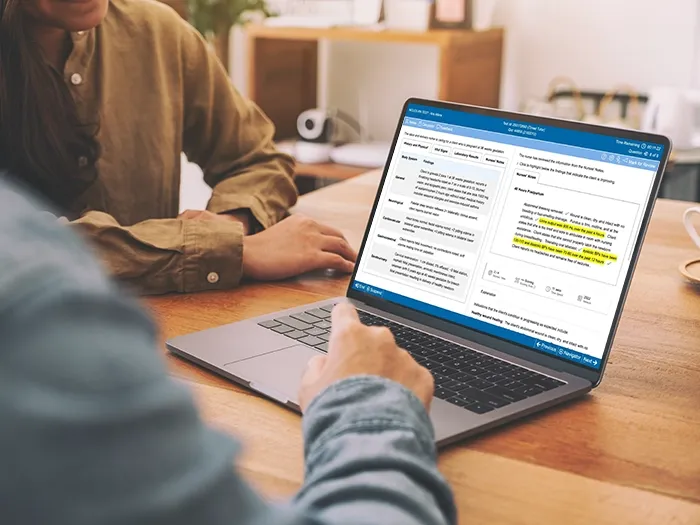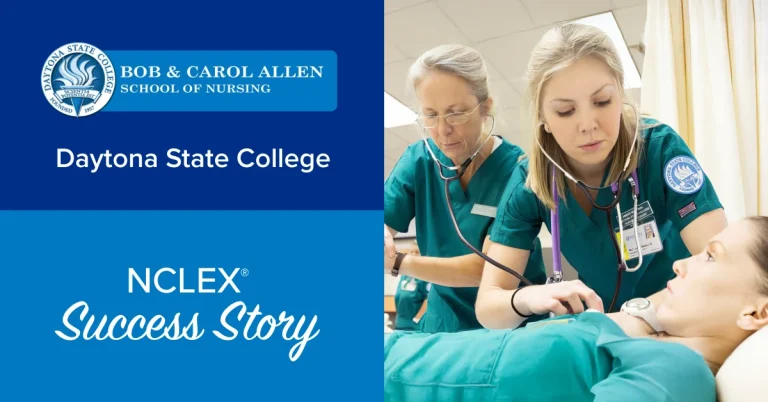As a nurse educator or clinical supervisor, you’re instrumental in shaping nursing students’ clinical rotation experiences. You bring a wealth of professional expertise, leadership, and teaching skills to the table. However, managing the logistics of clinical sites, accommodating diverse student backgrounds, and setting schedules can often seem overwhelming. Below, we’ve curated best practices to ensure you and your students have a rewarding clinical rotation.
Setting Clear Expectations for Clinical Rotations
Begin by establishing well-defined expectations for your students. Inform them about what they should anticipate, both from you and the clinical environment. Clearly outline guidelines on attendance, dress code, and conduct. Reinforce the importance of punctuality, professional appearance, and meeting for pre and post-clinical discussions to debrief and share experiences. Send out a checklist of essential items they’ll need, such as stethoscopes, pen lights, and quick-reference guides for medications and treatment plans. By setting a high standard, you help students understand that the effort they invest directly correlates with their clinical rotation outcomes.
Goal-Setting for Clinical Rotations
Help students articulate specific goals for their clinical rotations. These objectives range from developing certain skills to exploring different nursing avenues like nursing specialties or types of care. Make sure the goals are realistic and provide opportunities for both personal and professional growth. Encourage self-reflection, helping students identify gaps in the knowledge they’d like to fill during this period. Having well-defined goals not only provides direction but also boosts motivation.
Hands-On Learning and Growth Mindset in Clinical Rotations
Stress the importance of active participation over passive observation. While students may initially feel uncomfortable performing certain tasks or procedures, this discomfort is an essential part of the learning process. Remind them that expertise comes with time and practice. Encourage students to volunteer for various tasks, no matter how minor, as each new experience enhances confidence and skill. As educators, we aim to build this confidence, preparing them for future clinical challenges.

Cultivating Cultural Competency in Clinical Rotations
In our diverse and interconnected world, the ability to interact empathetically and effectively with patients from various cultural backgrounds is essential. As an educator, it’s your responsibility to provide concrete examples and teach actionable strategies for practicing cultural competency.
- Active Listening: Encourage students to practice active listening, ensuring patients feel heard and can express their unique needs freely.
- Language Barriers: Teach your students to navigate language barriers by utilizing hospital-provided interpreter services. This ensures effective communication and allows patients and their families to ask questions comfortably.
- Religious and Cultural Sensitivity: Highlight that different religions have varying requirements and rituals. Explain the importance of tailoring care and meals to respect these needs. Patients have a right to express their cultural and religious beliefs, which must be respected and accommodated during their hospital stay.
Building Clinical Judgment During Clinical Rotations
As an educator, your role extends beyond imparting clinical skills; it’s also about nurturing a conducive learning environment. The development of clinical judgment is a process that takes time and practice. Continuous exposure, feedback, and reflection are key components in nurturing these skills in nursing students. Create a space where students can ask questions, voice concerns, and share thoughts.
Instead of providing direct answers, ask open-ended questions that prompt students to think critically and come to conclusions on their own. Examples include, “Why did you choose that intervention?” or “What other options might you consider?” Consider sharing your clinical experiences to offer real-world context, alleviate fears, and build rapport with your students.
Self-Care for Educators
Finally, while guiding the next generation of nurses is rewarding, the process can be taxing. By demonstrating a commitment to self-care, you are teaching students the importance of self-care in their future professions. If students see their mentors neglecting their well-being, they may adopt similar habits, believing it’s the norm or expected in their field. Ensure you’re also taking care of yourself; you can only give your best when you’re at your best.
By implementing these best practices, you’ll be setting your students on a course for a successful and enriching clinical rotation experience.





